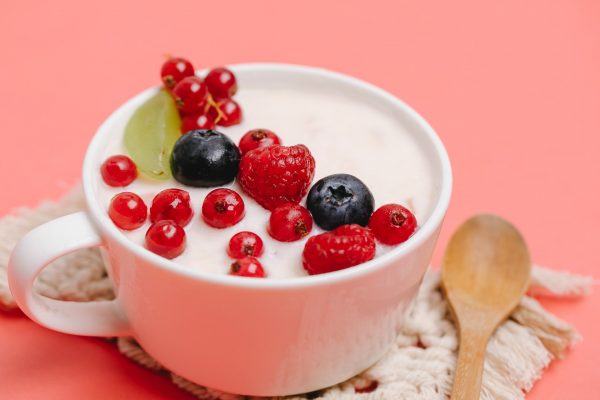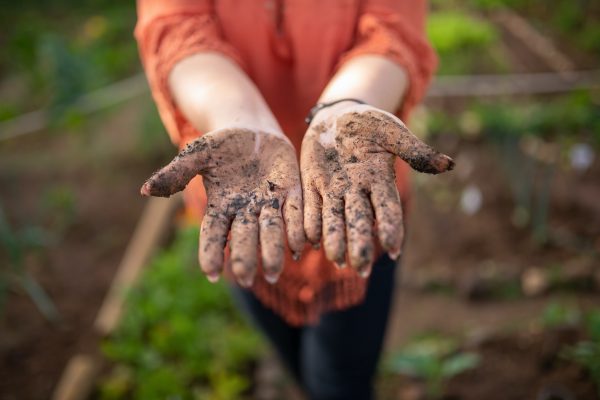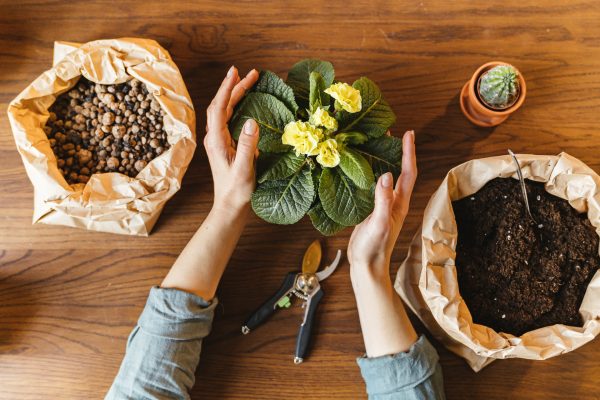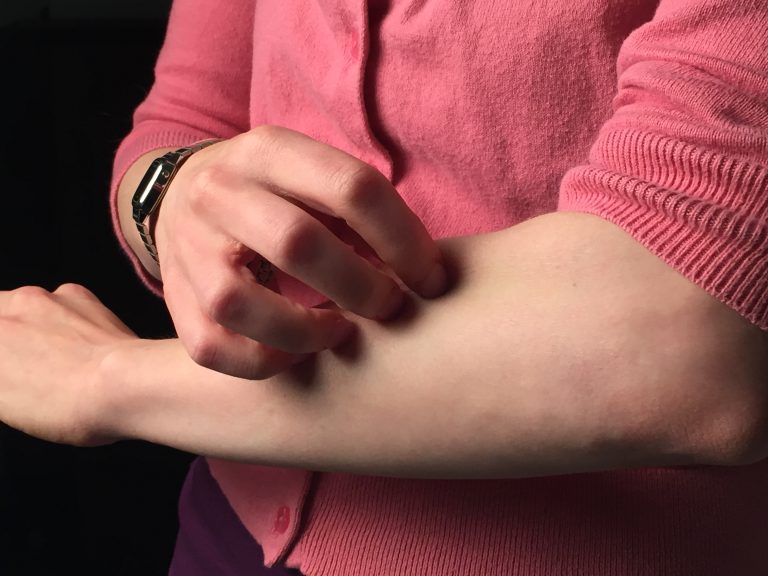Minute beings accompany us everywhere we go. They inhabit both the surface and the interior of our organism, and are as numerous as the cells that compose our bodies. They are the microbiome.
The microbiome consists of trillions of microbes such as fungi, bacteria, and their genes; they play a vital role in the way our bodies digest food, produce certain chemicals and respond to disease. They are so diverse that each part of our bodies has a unique community of microbes.
In humans, the microbiome is initially determined by our DNA and is later modified by our eating habits and exposure to the environment. While poor lifestyle choices can affect the diversity and performance of these tiny helpers, there are numerous—and free!—ways to build a robust microbiome.
Traditional ways to enrich our microbiome
The quality of our food choices is literally a matter of life and death to our microbes. Eating a variety of fresh fruits and vegetables, pulses (beans and lentils), and whole grains can help our microbiome flourish. Conversely, consuming meat raised with antibiotics can wipe out our beneficial bacteria since antibiotics cannot distinguish between good and bad bacteria.
To diversify the bacteria in our gut, consuming fermented foods is a top choice. Fermented products such as pickled vegetables, sauerkraut and sourdough bread contain live probiotic cultures like lactic acid bacteria that ensure that the right type of gut microbes thrives.

Microbes need not be ingested; they can also be inhaled from the air, or absorbed through the skin. In a 2020 experiment, 54 preschool children were recruited to participate in nature-related outdoor activities for ten weeks. Subsequent assessments found that not only did they exhibit stronger connectedness to the environment and reduced stress levels after being exposed to nature, but also a more diverse gut microbiota.
Success
You are now signed up for our newsletter
Success
Check your email to complete sign up
Another study published in Future Medicine found that healthy adults that dipped their hands in soil every day for two weeks showed a significant increase in gut microbial diversity. The surprising relationship between direct contact with nature and the internal conditions of our bodies has led scientists to consider that microbial exposure derived from nature could potentially treat immune-mediated diseases.

Moreover, even indirect contact with nature is believed to be beneficial. Assessments of non-breastfed 4-month-old infants living in a residence less than 500m from a natural environment showed that the composition and diversity of their microbiota had been influenced by environmental microbes. “The proximity to a natural environment plus pet ownership has the capacity to alter the gut microbiota of formula-fed infants.”
Exposure to furry friends also proved to have an impact on the composition of the salivary microbiome. A 2020 research paper evaluating the effects of urban rearing in the absence of daily contact with pets in comparison with rural upbringing in the presence of daily contact with farm animals found that “Only urban upbringing with absolutely no animal contact had long-lasting effects on the composition of the salivary microbiome and potentiates the negative consequences of urban upbringing on stress-induced immune activation.”
Simple ways to build a robust microbiome now
Getting out of your home or office is a good way to start. Nurturing our microbiome diversity can be as simple as visiting places where the air flows openly and nature is part of the scenery.
If you have the time and inclination, try going for a hike, camping, or visiting an ecosystem within reach. A simple walk in the park will expose you to beneficial microbes while keeping your body active. Make your way to a body of water, and you will be rewarded with exposure to water’s unique microbial diversity.

Visiting a farm or garden is a microbial outing with the likely opportunity to experience plants, animals, or even soil in person. Be sure to ask permission before becoming intimate with any of them.













